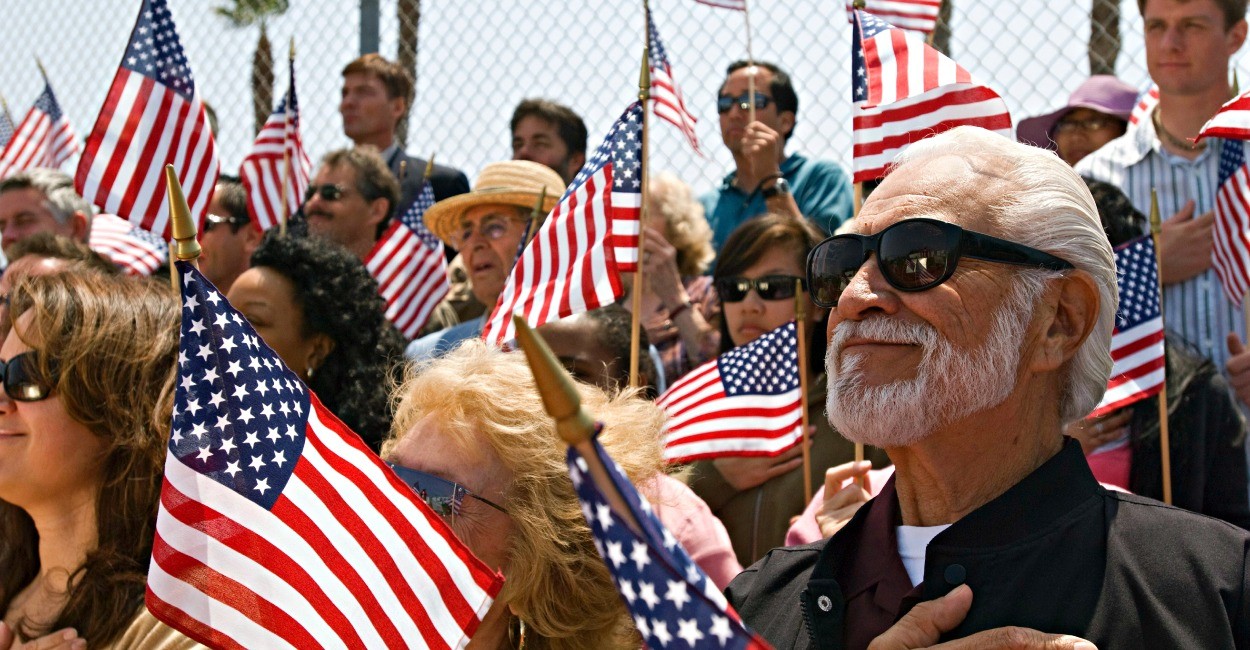While addressing a ceremony at the centenary of the armistice at the Arc De Triomphe, French President Emmanuel Macron warned of the alarming rise of nationalism across Western Europe and the United States. He described it as a “betrayal of patriotism”. Macron claimed that patriotism was the opposite of nationalism.
It is clear that nationalism is a poisonous ideology – it is inward-looking, nativist and exclusionary. It relies upon the construction of an imagined past: a time when the nation was strong, jobs were plenty, men were men and faces just happened to be white. Nationalism encourages feelings of superiority and leads to fear and hatred of the other. Nationalism led to Brexit.
It is a common error to use patriotism as a synonym for nationalism. Yet, are they really complete opposites?
I have always considered patriotism the less obnoxious younger sibling of nationalism: less angry, less deluded and less bigoted. Yet patriotism, with its incessant flag-waving and intermittent bouts of jingoism, has never struck me as desirable. Yes, being proud of one’s country could be completely innocuous and practiced without morphing into some hate-filled moron. Nevertheless, having pride in a piece of land you just happened to have been born on just seemed rather puerile.
Perhaps, however, I was wrong.
Patriotism is predicated on the willingness, if necessary, to defend the sovereignty of the nation-state. But, it is also about the connection a person shares with their fellow citizens. This connection is based on civic values and a shared history. Democracy, individual liberty, respect for others, freedom of expression and freedom of religion and belief form the bedrock of British society. These values – while admittedly a work in progress – are something to take pride in. They are outward looking, inclusive and unite fellow citizens regardless of ethnicity, gender, sexuality, age or religion. Indeed, they are something worth fighting to defend. This was an aspect of patriotism that I could get with.
Two weeks ago, I attended a ceremony to commemorate the centenary of the armistice. My own Great Grandfather, Arthur Moreton, died during the Great War. His regiment took part in the doomed Gallipoli campaign and he was killed when a shell hit his trench in 1915. I stood alongside hundreds of fellow poppy-clad individuals at the York City War Memorial: together we solemnly remembered those young men who had lost their lives. As the Last Post cut through the silence, I couldn’t help but feel a connection to this history. It was tangible. I was part of something bigger. It is conceivable that, while I might be hesitant to admit it, I am somewhat patriotic.
Brexit has been a case study in how poisonous nationalism can be. The referendum and its aftermath have fractured British society – and two and a half years on, it remains as, if not more, polarised. What if Macron was correct? What if patriotism is the opposite of nationalism? Maybe, just maybe, it is the antidote we so desperately need.
Andrew Morris
Image: The Daily Signal.

